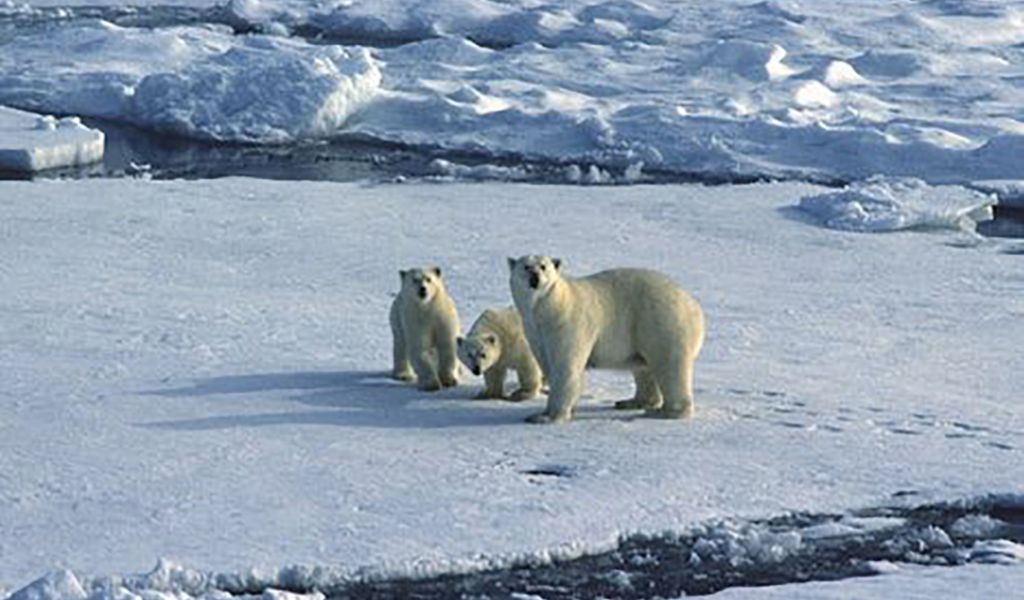Going into Durban: Are we sugar coating the science?

In short, the IPCC uses an average of a spectrum of different models for forecasting climate change scenarios. Of these, many use older, low resolution technology, or higher resolution models that continue to draw information from low resolution lateral conditions. The most advanced of the models (such as Japanese models simulating global climate at resolutions of 3.5–10 km) are considered to present the most accurate data. These are at the very highest end of the temperature scenario curve - higher than the IPCC’s ‘best estimates’ for temperature rise which range from 1.8 to 4.0 degrees Celsius by end of the century.
The discrepancy lies in the fact that the IPCC takes the average of these various models - an average which includes low resolution models and temperature change scenarios that are significantly lower than what the most advanced technology suggests. These assertions were presented in an academic paper by Shukla et al. (2009) and then again in 2010, wherein the authors appeal for a revolution in climate prediction methods. The point made by my friend from NASA was that the numbers that most of us-- negotiators, politicians, industry, and the public at large-- rely upon are drawn from a divergent pool of both the most advanced and relatively outdated models. It cannot be taken as state of the art knowledge.
This is simultaneous to a second ‘climategate’ with a series of illegally hacked emails written by University of East Anglia's Climate Research Unit released on the internet last Tuesday. This follows a previously seen pattern with private emails from scientists publicly disclosed immediately preceding major international climate meetings, in 2009, the COP15 in Copenhagen. The naysayers of climate change, leaking this private information, have done little to further their cause and would appear mainly to have undermined it. In virtually all accounts, particularly regarding the ‘errors’ in the 2007 IPCC report which were held up as evidence to disparage the credibility of global climate science, the scientists have been vindicated. Stephan Lewandowsky of the Guardian writes compellingly that climate change scientists have been in many national contexts ridiculed, threatened and otherwise sidelined by powerful political and economic interests.
I walk away from my conversation with the NASA scientist and towards the opening of COP17 tomorrow wondering whether the real scandal here is not the exaggeration of the threat of climate change, but rather a willful downplaying of what might otherwise be politically unpalatable.
Written by Regan Suzuki, REDD-net Asia Pacific Coordinator, RECOFTC at Durban, South Africa for the COP17. Read more about RECOFTC's presence at Durban on our website, and check back for more blogs from the conference!

